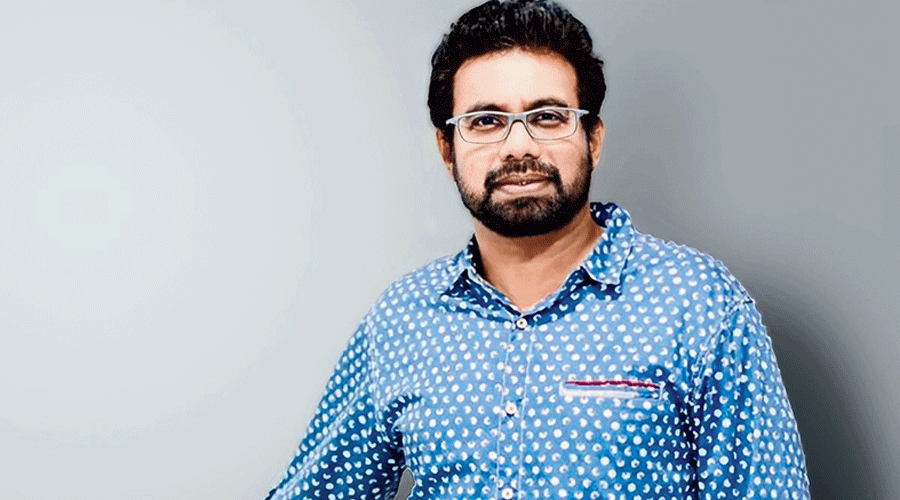Rajya Sabha member John Brittas of the CPM has cautioned Muslims against being taken in by the rosy picture of brotherhood and communal harmony that the RSS-BJP is painting with an eye on electoral support in states like Kerala.
Addressing the state conference of the Kerala Nadvathul Mujahideen in Kozhikode on Friday, Brittas urged the community not to forget the past when the RSS-BJP led the campaign to demolish the Babri Masjid and how they continue to target places of worship such as the Gyanvapi mosque in Varanasi and the Shahi Idgah Masjid in Mathura by keeping alive the Sree Krishna Janmabhumi issue. The Mujahideen is a Sunni socio-cultural organization.
The remarks of the CPM leader were in response to the Mujahideen conference inviting Goa governor P.S. Sreedharan Pillai, a former Kerala president of the BJP who spoke at the inaugural session of the four-day event that started on Thursday, and minister of state for external affairs V. Muraleedharan.
“But all I say is they (the RSS and the BJP) too should have the same inclusivity towards you,” Brittas said, alluding to Pillai’s call to strive for inclusivity while accepting the diversity of the country.
“You must ask them if they would reciprocate since you are welcoming them,” Brittas said.
He reminded the audience about the lack of any meaningful representation of Muslims in the power structure and governance. “Does a people that constitute 20 per cent of the overall population face this kind of emptiness in the power structure anywhere in the world? The reality is that this kind of emptiness is not felt even in war-torn countries.”
“What is the representation of Muslims in the Indian Parliament? Is there any representation in the Indian government? What is the representation in the judiciary?” Brittas asked the huge gathering.
A journalist for over three decades before he was elected to the Upper House last year, Brittas recalled how he witnessed the demolition of the Babri mosque.
“I am a journalist who had the misfortune of witnessing the destruction of the Babri Masjid on December 6, 1992, which was until then considered a standing example of Indian secularism. Those moments are so fresh in my mind.”
He drew the attention of the audience to how even the Malayalam media then described the ancient mosque as a “disputed structure”.
“An ordinary reporter, I had then written that the Babri Masjid is destroyed. Do you know what many of the prominent newspapers in Kerala said in the headline? They described it as a ‘disputed structure’. Whose dispute? Dispute between who?”
“That day India’s prominent English dailies expressed concern on how India would move ahead if things went like this. English dailies wrote editorials asking whether India could become a modern nation (after the Babri demolition). Decades later, the same newspapers sounded the call of victory when a Supreme Court judgment handed over the Babri Masjid land to those who destroyed it,” Brittas said.
“At that point, some in the media even said the issue is solved forever. Others expressed relief that the core reason for mistrust between Muslims and Hindus has been removed,” he noted, alluding to how the BJP has revived the Gyanvapi and Mathura disputes.
“Today not a single national newspaper will carry even a shred of news against the BJP. It’s perhaps this that frustrated former Chief Justice of India (N.V.) Ramana, who said investigative journalism is vanishing in India,” Brittas said.










